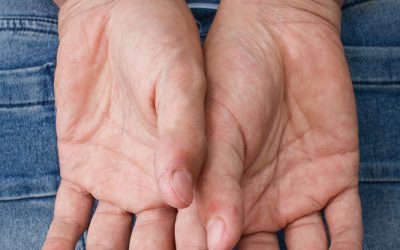If you use alcohol as a way to numb your symptoms of anxiety, this can also make the symptoms worse down the line — due to the fact that you’re not learning how to cope with your emotions properly. So, while you may temporarily feel at ease in the moment, you can feel more stressed the day after. In other words, when you’re dealing with harsh conditions, don’t depend on a drink to keep you toasty. One of the biggest misconceptions around alcohol is that it gives you energy, which may motivate you to drink more, especially during social situations.
Myths About Alcohol and Health: Separating Fact from Fiction
This approach involves limiting alcohol consumption, specifically for people who aren’t physically dependent on alcohol. It’s common for people to have a casual relationship with alcohol. However, this attitude may contribute to many myths about alcohol and alcohol use disorder. While you may fall asleep faster, alcohol prevents your brain from falling into restorative REM sleep, which goes a long way toward making you feel truly rested.
Alcohol Myth #4: Coffee Sobers You Up Quickly
And if you’re ever in a situation where you feel the need to beat a breathalyzer, maybe just lie down and take a nap instead of jumping in the driver’s seat. Or call a cab, or your mom, or your local congressperson, provided you’re close enough to him or her to ask for a lift. It may certainly seem true as your friend stage-dives off the bar onto three horrified strangers. This dumb-ass behavior, along with your impaired memory tomorrow, is thanks to reduced inhibitions and https://www.cbsguard.com/methadone-uses-benefits-side-effects/ damaged nerve endings called dendrites, not dead brain cells.
- Research has long shown the possible effects and health issues that stem from drinking alcohol, especially heavy drinking.
- Using any kind of alcoholic beverage to help you sleep is always going to backfire, even if in the moment it feels like it’s helping.
- Many people use alcohol as a sleep aid, believing it helps them fall asleep more easily.
- At this point, the vast majority of alcohol has already infiltrated your system, and any action you take will only affect the small amount left in your digestive tract.
Alcohol Myths You Still Believe — but Shouldn’t!

Although we might drop off to sleep more quickly after drinking alcohol, we spend less time in the deep sleep we need to feel well-rested. The Recovery Village at Palmer Lake offers comprehensive addiction treatment for drug and alcohol addictions and co-occurring mental health conditions. Left unchecked, these myths can cause people to make poor choices, which ultimately affect their health.

But experts say that spiked beverage won’t actually bring you much relief. Regardless of the guidelines, drinking can be problematic if it results in negative feelings, choices, or outcomes, which is highly individualistic. Another study found that social drinkers showed significantly reduced amygdala reactivity to threat signals when shown what is Oxford House neutral and angry faces.
There also may be a higher likelihood for older people to have mental health conditions that may contribute to excess drinking. This is because while it may feel like you’re taking the edge off your hangover and nausea by downing more drinks, doing this will only prolong your recovery process. All you’re doing is adding more toxins to your body that’s already working overtime to clean out the alcohol you’ve already consumed. If a recent doctor’s appointment alcohol myths told you that your liver is in good shape, don’t think that’s a free excuse to drink heavily. This includes your heart, blood pressure, kidneys and mental health. But while women may reach the “drunk driving” limit — 0.08 percent blood alcohol — sooner, alcohol can impair driving at much lower blood alcohol levels.
